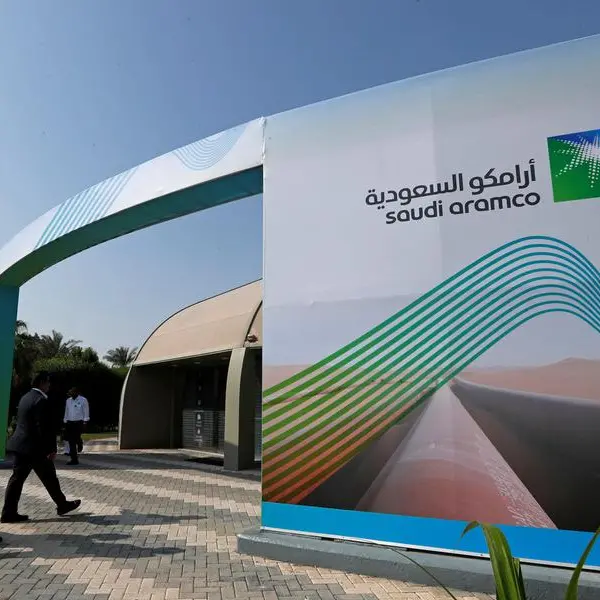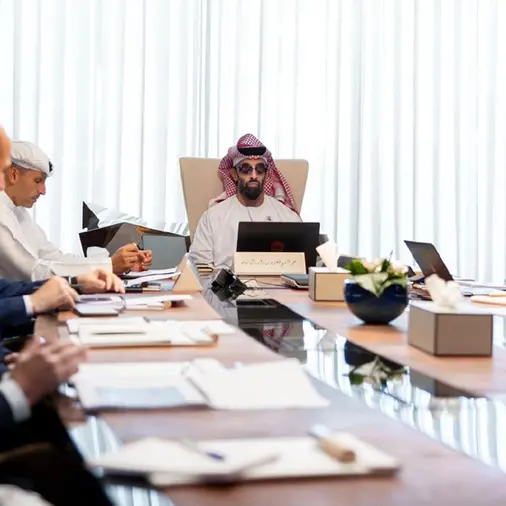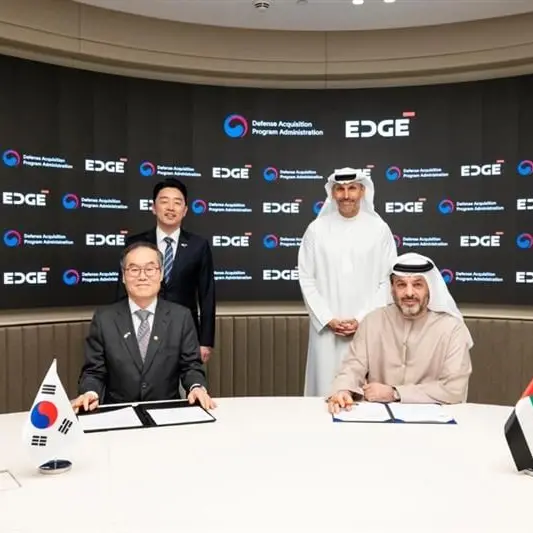The results are part of the company’s latest report: “Gulf Co-Operation Council (GCC) States’ IT spending habits: The 2022 IT Buyer Sentiment Survey.”
The survey found that 52 percent of CIOs and CTOs expect to see return-on-investment in one to two years, indicating the need for rapid change. Yet, a massive 76 percent said that up to half of their licensed enterprise software applications go unused.
“The findings in the GCC are very similar to a global study we did in early 2020 with CFOs (chief financial officers), who also say digital transformation investments are critical to their success,” said Emmanuelle Hose, group vice-president and theatre general manager, Europe, Middle East and Africa, at Rimini Street.
The study suggests that there are doubts about “the cloud and its ability to offer a smooth transition,” which means the biggest question facing CIOs and CTOs in the GCC is “What is the best route to achieve modernization?” she added.
Across the region, 15 percent of respondents said digital transformation is their top priority compared to other corporate issues. This number varies across the region with Oman (23 percent) and Saudi Arabia (22 percent) showing the highest propensity to ranking digital transformation as the top priority, followed by Bahrain (18 percent), the UAE (13 percent), Qatar (8 percent) and Kuwait (4 percent).
CIOs and CTOs in the region, the company said, want innovation with security and privacy protection as the number one priority for IT initiatives, followed by next-generation disruptive technology initiatives, risk management and compliance, and revenue-generating technology initiatives.
The challenge is choosing a strategy that allows them to move with agility, innovating in the areas that prove to be most effective. For example, the survey highlighted managers’ concerns over losing their existing application customizations in any IT upgrade.
Moreover, CIOs and CTOs in the GCC are not completely satisfied with existing vendors. Twenty-seven percent said one of their top challenges with their enterprise application vendor is no support for customizations, and 26 percent complained of no access to an experienced engineer.
The top three challenges with software vendor support were having to explain the same issues multiple times (41 percent), high costs (39 percent), and lack of responsiveness and ownership (39 percent).
“We appreciate that most companies want and need to customize their ERP (enterprise resource planning) system for performance and differentiation, but often lack the right software vendor support, which does not typically include customization support in standard maintenance programs,” said Taher Haj-Yousef, the regional manager for the Middle East at Rimini Street.
This forces clients to hire expensive external consultants or dedicate internal resources, but by switching to third-party support, “clients alleviate these challenges and avoid highly disruptive change,” added Haj-Yousef.
Copyright: Arab News © 2022 All rights reserved. Provided by SyndiGate Media Inc. (Syndigate.info).




















